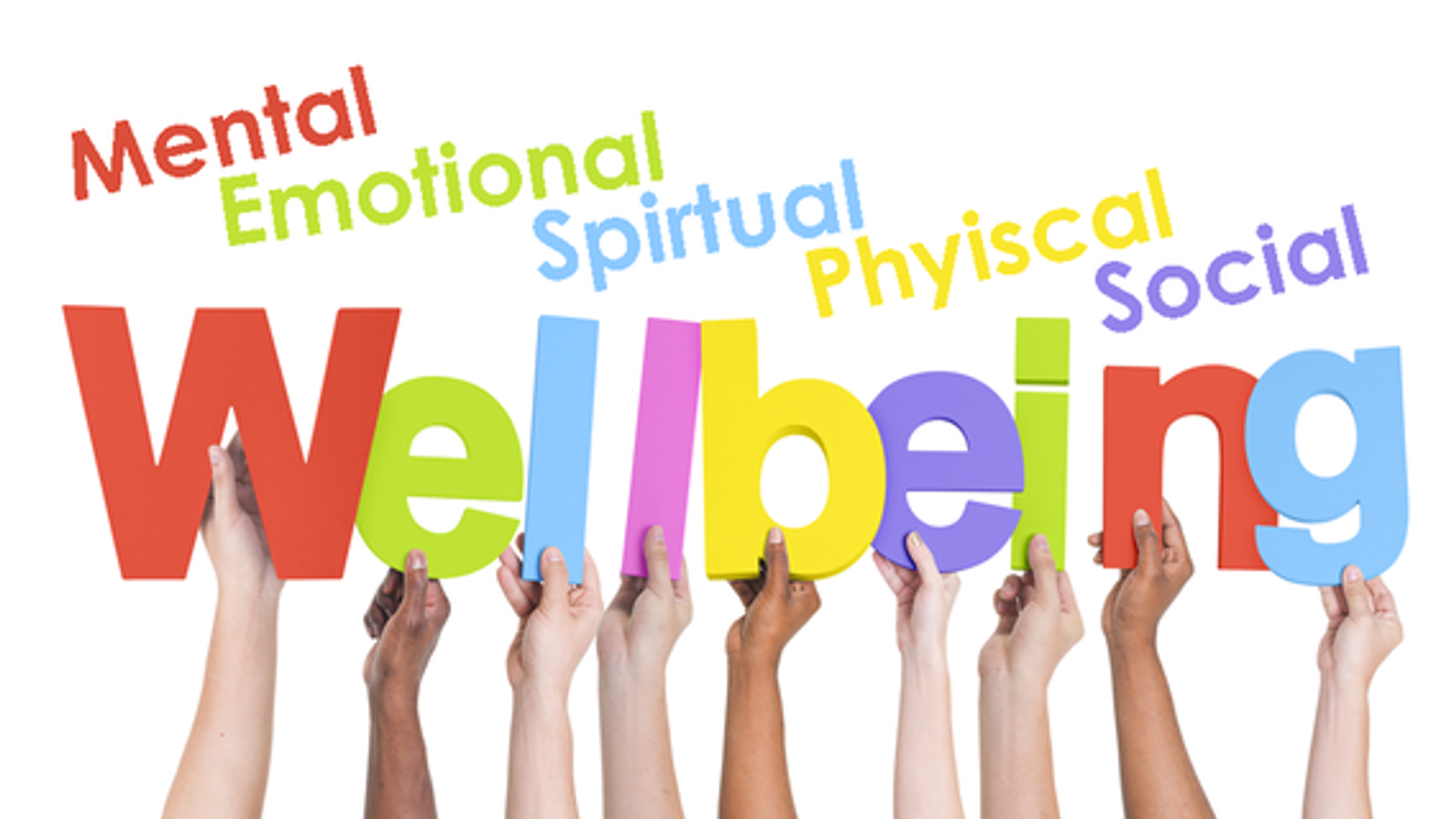Wellbeing

Relaxation and Meditation
Follow the steps below, take a few moments for relaxation to start off your day.
Sit upright in your chair
Place your feet flat on the floor and hands resting comfortably your lap
Gently close your eyes,
Feel the weight of your body, being supported by the chair and simply allow yourself to relax
Feel the weight of your legs supported by the chair
And allow the muscles in and around your stomach to soften
Your arms and hands are relaxed and at ease
It is all easy, your heartbeat slows and your breath is slow and easy.
Relax all the muscles in your face and behind the eyes
Relax your jaw and the mouth will slightly open
It is all so easy
You don't have to do anything - simply be at ease and as the body relaxes the mind will follow - your thoughts may come and go
Let the thoughts go - you do not need them for this moment
Completely feel at ease
You may be aware of sounds in the background and simply let them drift
You may sense the wonderful peace and calm within the centre core of you being
Simply allow yourself to experience this peaceful state
Sit in this calm, safe, completely secure place for the next few minutes.
Gently open your eyes as you are ready and take this peace within you into the rest of your day.
Is caffeine safe for teenagers?
From flat whites to energy drinks, Australian adolescents drink a surprising amount of caffeine. Here’s how it affects their health.
On average, Australian adults drink 9.5 cups of coffee a week. Popping into a café for a coffee is a daily routine for many, so it’s no great surprise that our teenagers are starting to take part in our coffee culture.
According to recent research, 15% of Australian teenagers are regularly drinking coffee and the average consumption of caffeinated tea among 14–17-year-olds is 5.5 cups a week. But caffeine intake isn’t limited to tea and coffee, with consumption of energy drinks also rising.
The effects of caffeine
How does caffeine intake affect teenagers’ minds and bodies, and should we be worried? As clinical psychologist Gemma Cribb explains, “Caffeine acts as a central nervous system stimulant to increase alertness and make you feel less worn-out. It binds to the adenosine receptors in your brain, preventing the chemical from making you feel tired.”
And while feeling less tired may seem beneficial for overworked adults, the effects of caffeine in teenagers can be far-reaching. Studies show that caffeine consumption can affect a teenager’s concentration and ability to sleep, which in turn may slow the maturing process of their brains. And according to Nutrition Australia, because of their smaller body weight (on average), caffeine has more than twice the impact on children than it does on adults. This means children and young adolescents are more susceptible to caffeine-related symptoms such as anxiety, insomnia and nervousness.
Additionally, studies have suggested that the adolescent brain is more susceptible to stress and addiction due to the way the developing brain is wired. “During adolescence, the brain has the most neural connections it will ever have in your life,” Cribb explains. “Caffeine (with its effects on sleep) will disrupt your brain's ability to form these connections.”
And in very rare cases, coffee could put pressure on the heart if consumed in very high doses, particularly where there could be an existing heart condition, reports the American Journal of Clinical Nutrition.
Coffee vs energy drinks
Aside from coffee and tea, soft drinks such as Coca Cola, and in particular energy drinks, can include high levels of both caffeine and sugar. Cancer Council’s recent research found that 1 in 6 Australian teenage boys drink at least 52 litres of soft drink every year, which considering that some energy drinks can have as much as 320mg of caffeine in them (equivalent to 2–3 cups of coffee), is a reason for concern.
The mix of caffeine and sugar can also affect mood, according to dietitian Susie Burrell. She says that after drinking an energy drink, teenagers can “experience a ‘down’ period about 30-40 minutes afterwards”, which can lead to poor health choices. This correlates to research conducted by Cancer Council, which found that teenagers who drink soft drinks and energy drinks are twice as likely to also be consuming more junk food.
“Consuming too much caffeine can stop a teenager from getting adequate nutrition,” says Cribb. “Especially if they choose to drink coffee and soda rather than consuming more nutrient-dense foods, for example.”
The pressure to perform
The rise in teenagers’ caffeine consumption could easily be put down to marketing and popular culture embracing coffee and performance drinks, but Cribb believes it might be societal pressures that make caffeine more attractive to teenagers.
“There is a lot of pressure on teenagers to perform,” she says. “They feel the need to keep up with social media, their homework and the fast pace of modern life in general. And they see caffeine as giving them an edge.”
At what age is caffeine safe?
Burrell advises that adolescents under 14 should avoid caffeine where possible, and teenagers between 14 and 17 years of age should limit their intake to 100mg or less a day.
“That’s equivalent to a small milky coffee (60mg), or a couple of cups of tea (30mg each), or some [dark] chocolate (26mg/40g) a day,” she says.
“Some teenagers are drinking 4 large coffees, an energy drink plus a cola drink in a day. That could equate to as much as 500-600mg of caffeine. That’s why, as a rule, energy drinks that are high in sugar and stimulants should be avoided altogether.”
-Lucy E Cousins
September 2017


